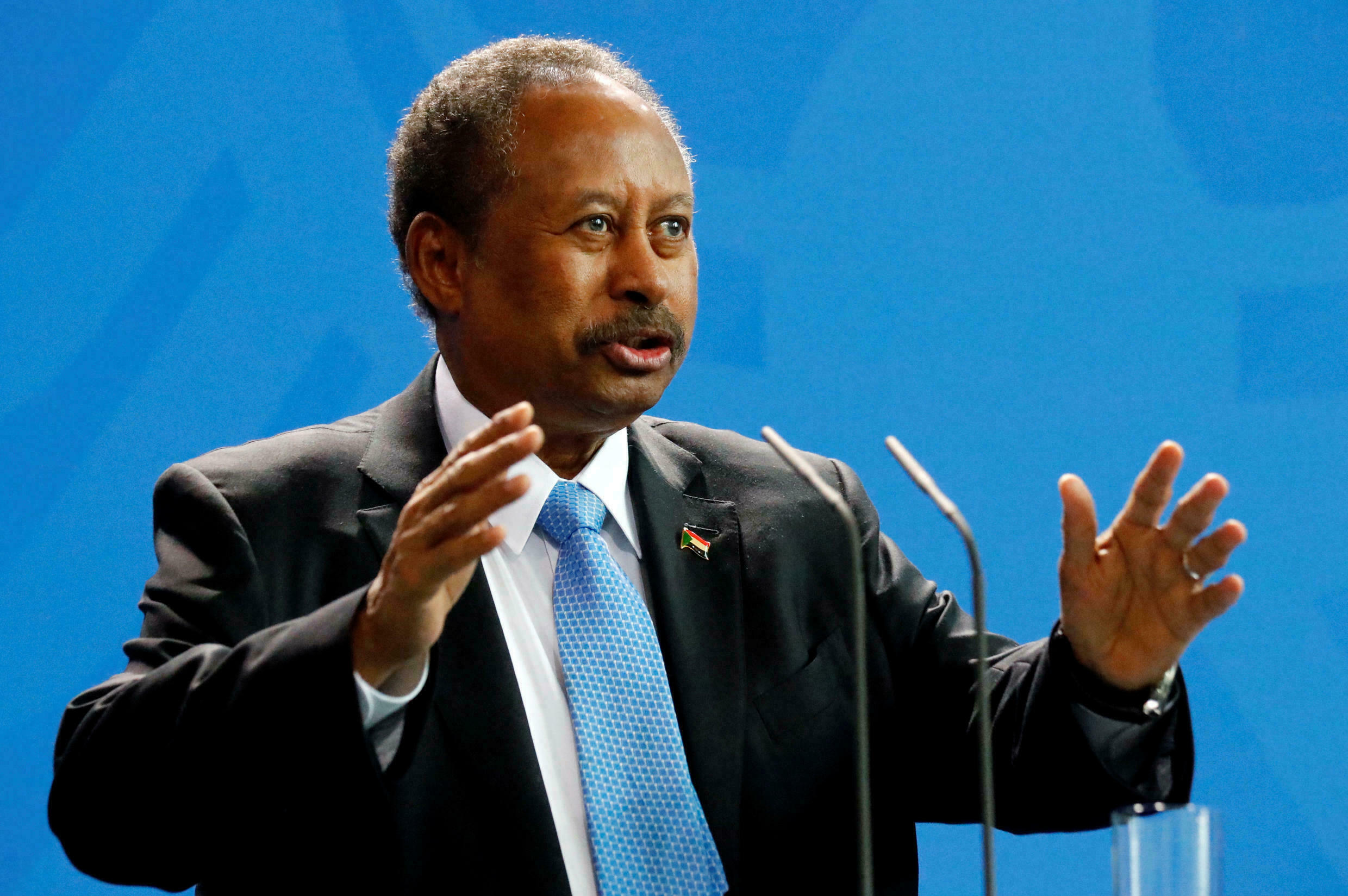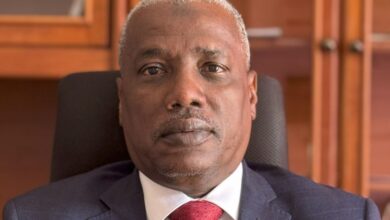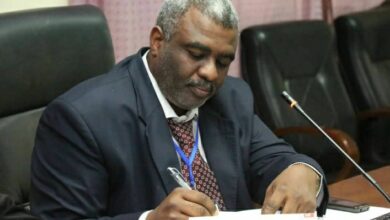
A mechanism to implement the Prime Minister’s initiative

Dr. Elshafie Khidir Saeid
The Prime Minister’s initiative states that a mechanism composed of all parties agreed to the initiative will be formed to follow up on its implementation and to strengthen the political alliance between the various components of the transitional period. My understanding of the term “all parties”, and I hope I am correct, is that it includes forces outside the Freedom and Change Alliance and the Transitional Period Partners Council, which believe in the revolution and its Charter, especially the youth forces that have been occupying the streets defending the revolution. Otherwise, the mechanism will be just a clone of the Transitional Period Partners Council, and it will be tasteless and colorless!
Speeding up the process to form this mechanism means progressing forward towards implementing the tasks of the transitional period included in the Prime Minister’s initiative. These tasks are almost identical to those stipulated in the constitutional document that governs the transitional period. Besides these tasks, the constitutional document precisely defined the duties & functions of the transitional period institutions. What is required from our transitional government is to add the necessary practical details before turning these tasks into a program of action and matrix ready for implementation.
It is mandatory and obligatory for the transitional government to implement the tasks stipulated in the constitutional document & the Prime Minister’s initiative. In my opinion, it will be a constitutional breach if the government fails to accomplish this mission. Besides addressing this constitutional breach, the above-proposed mechanism may also address the various shortcomings that have been spanning for more than two years without being resolved. Now, looking from another angle, I think the mechanism may also represent a suitable source and motive to inject the Council of Ministers with political will, determination and confidence. It also provides an appropriate platform for conducting a constructive dialogue on how to meet the challenges facing the transitional period, and how to deal with the more sensitive & complex tasks such as the Military & the Security Sector Reform, the Judiciary & the Justice System Reform, the assertion of the mandate of the Ministry of Finance mandate over the public funds, the strategy of the Sudan external policy…etc.
These issues, and others, should not be discussed over the media, neither under tension nor in a hostile & antagonistic atmosphere which rather feeds the seeds of differences and divisions with fruitless results. They require frank and transparent dialogue and understandings in a friendly environment that can help to reach resolutions accepted by all parties concerned. The mechanism can also undertake the tasks of preparing for the proposed Round Table conference, which we discussed in the previous article, or for any other forum with an objective of how to make the transitional period a success. In short, I call the Prime Minister to form this mechanism today before tomorrow; otherwise, the initiative will end up as a futile whirlwind.
The seventh proposal, which is an alert rather than a proposal, is that the Prime Minister should expedite the formation of the national commissions, not because they are a stipulated constitutional entitlement, but importantly because they are the main mechanisms for restoring the kidnapped Sudanese state from the clutches of the former regime. If there are obstacles that prevent this process, then the Prime Minister should go out to the people to explain. We have repeated this alert many times, and we will continue to do so until the formation of the commissions is accomplished or fell out, and then the transitional government will surely fall in the eyes of the revolution and the revolutionaries.




